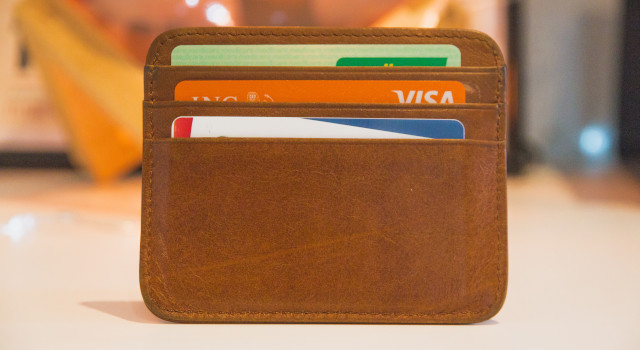 Debt problems destroy your credit history and isolate you from a host of economic privileges and opportunities. If your credit report was a wake up call to get out of debt, you may be wondering what to do next. The first step to stop the hemorrhaging is simply to not borrow another penny until you are completely out of debt. The rest of this article will only benefit those in debt willing to make this commitment.
Debt problems destroy your credit history and isolate you from a host of economic privileges and opportunities. If your credit report was a wake up call to get out of debt, you may be wondering what to do next. The first step to stop the hemorrhaging is simply to not borrow another penny until you are completely out of debt. The rest of this article will only benefit those in debt willing to make this commitment.
Avoid dealing with “credit repair firms.” Don’t waste your time opening new accounts. Moving won’t help either. Your credit history will gradually repair itself.
The first and most important step to getting out of debt and reestablishing good credit is to admit your past mistakes. No one has ever been able to overcome their problems until after they have first admitted them. Yes, this is the hardest part, but also the beginning of the way out.
Now, to get out of debt, here are the steps. Walk carefully.
TOTAL YOUR DEBTS AND REDUCE YOUR RATES
1. List your debts. List WHO you owe money, the AMOUNT you owe, and the INTEREST RATE you are paying. Most people who are in debt avoid looking at these statements. The truth is often difficult to face, but facing this information honestly is important.
2. Call every place you owe money. This is especially important if you are delinquent in your payments. Let your lenders know you will be trying to pay off your debt and ask for their assistance. Ask them for a lower rate of interest. Negotiate. Ask them for a payment schedule you can actually pay. Lenders are not gentle with over-spenders who have to be wrestled to the mat for payment. But they are surprisingly kind to those who call promising to pay and asking for help.
3. If possible, consolidate all your debt into the lowest possible interest rate. You can get information on low-rate, no-fee credit cards at www.cardtrak.com. Consider consolidating with a credit card that offers several months with little or no interest. These can give you some grace period to reduce your debt.
4. If you can’t consolidate everything to one low interest rate, pay as much as you can on the debt with the highest interest rate while paying the minimum on everything else.
5. Put your high interest rate cards someplace safe. Ask your mother-in-law to hold them. Do whatever it takes. These are not to be used while you are getting out of debt. It doesn’t matter what wonderful perks are offered for using these cards. They are never worth the cost, trouble and heartache they caused your family.
PAYDOWN YOUR DEBTS
6. Try to reduce your fixed expenses and use the difference saved each month to pay off your debt. Eliminate features on your phone or drop channels from your cable plan. Read this column for regular tips on budgeting for ways to live proportionately within whatever amount you earn.
7. Make one-shot reductions in your debt. Hold a yard sale and use all the proceeds to pay down your debt. Pay cash for everything and use all your change to pay down your debt. Take an evening job or use all of a spouse’s income for the next few months to pay down your debt.
8. Take drastic measures until you are debt-free. No eating out. No movie rentals. No discretionary spending. Realize that some people live on half of what you make. They use 65% of that for their regular expenses, save 15%, put 10% away for large purchases, and give 10% away to charities. If they can do that, you can live without cable television and gym membership until you are out of debt.
Is financial freedom worth it? The choice is yours.
Photo by Hoster on Unsplash